How is Ramadan celebrated in our community?
Ramadan Mubarak (Happy Ramadan)!
April 2 was the beginning of the 9th month in the Islamic calendar, Ramadan. Many Muslims all over the world celebrate this month for it is during this time that the Prophet Muhammad had the Quran, the holy book of Islam, revealed to him which is considered the final revelation in Islam.
The most common practice during Ramadan is fasting. The purpose of fasting in Islam is to build awareness of one’s self, one’s acts, their discipline, and their faith. It specifically follows the 4th pillar of Islam, Sawm. Fasting’s definition is to abstain from all or some kinds of food or drink. People who observe Ramadan fast from sunrise to sunset. Some use the visible sun as an indicator of whether or not to start eating for the day, while others use a clock that indicates when to fast and when to eat. People who are exempt from fasting are pregnant women, those who are sick, those who are traveling, those who are physically unable to do so, those who have to take medication during Ramadan, and women when they have their menstruation cycle. But, they can make up days after Ramadan if they are able to make it up.
Not only do you fast, but you also abstain from bad deeds. Like gossiping, lying, arguing, and so forth. Muslims also frequently read the Quran in order to work towards being closer to their faith and learn from its teachings to be a better person.
Spiritual, I would say, is the most difficult because as a Muslim, Ramadan is an opportunity to become more God-conscious. It’s not just the physical aspect of abstaining from food or drink. It’s making sure you are fasting from your bad habits, maintaining focus during prayers, thinking outside of yourself to those who are less fortunate than you, becoming conscious of those around you, and creating that bond with the Almighty on a spiritual level at all times
— Syed Mahmood
“Here there are different types of challenges in terms of spiritual, physical, social and such,” said Muslim Student Association (MSA) sponsor Syed Mahmood. “Spiritual, I would say, is the most difficult because as a Muslim, Ramadan is an opportunity to become more God-conscious. It’s not just the physical aspect of abstaining from food or drink. It’s making sure you are fasting from your bad habits, maintaining focus during prayers, thinking outside of yourself to those who are less fortunate than you, becoming conscious of those around you, and creating that bond with the Almighty on a spiritual level at all times.”
The reason why Ramadan starts and ends on a different date each year is because the Islamic calendar follows the lunar cycle. A month is a full Moon rotation, and the beginning of the next month is signaled by the appearance of a waxing crescent moon.
I wish people knew that Ramadan, while it has its challenges, it is really more of a break and time to de-stress for Muslims and those who participate
— Marium Hussaini, senior
“My favorite part about Ramadan is the sense of family and community during the time,” Niles North senior Marium Hussaini said. “You get to spend more time with family and your community and people are more likely to reach out to you during the month.”
There are many misconceptions about Islam and about Ramadan. “I wish people knew that Ramadan, while it has its challenges, it is really more of a break and time to de-stress for Muslims and those who participate,” Hussaini said. “It’s a time where you just focus on yourself and get a break from the day-to-day bustle of life.”
Mahmood commented, “I wish people would be more willing to learn about Ramadan and Muslims in general and that can simply mean to ask a Muslim: “Hey! What’s Ramadan about?” Or to feel free to visit a mosque and see for themselves. We love when we have visitors at the mosque, which we have quite a lot of, and to see the look of understanding from that initial step of asking.”
At the end of Ramadan, Muslims celebrate Eid al-Fitr, commonly known as Eid, which marks the end of the holy month and the beginning of the 10th month, Shawwal. At Eid al-Fitr it is a celebration with grand food, prayer, and having completed Ramadan.
If you would like to learn more about Ramadan, click here. If learning in person is more of your style, you can go to a Muslim Student Association(MSA) meeting at Niles North. Look for Terri Laux emails on club updates to see when the next meeting is. You can also look at the Middle Eastern and North African Heritage(MENA) Month Calendar which includes events regarding Islam, Ramadan, and great information of the religions and cultures of MENA people.

Nicole Nantz is a writer and editor of the North Star News journalism team. The reason why Nicole started doing the class is so she can experiment with...


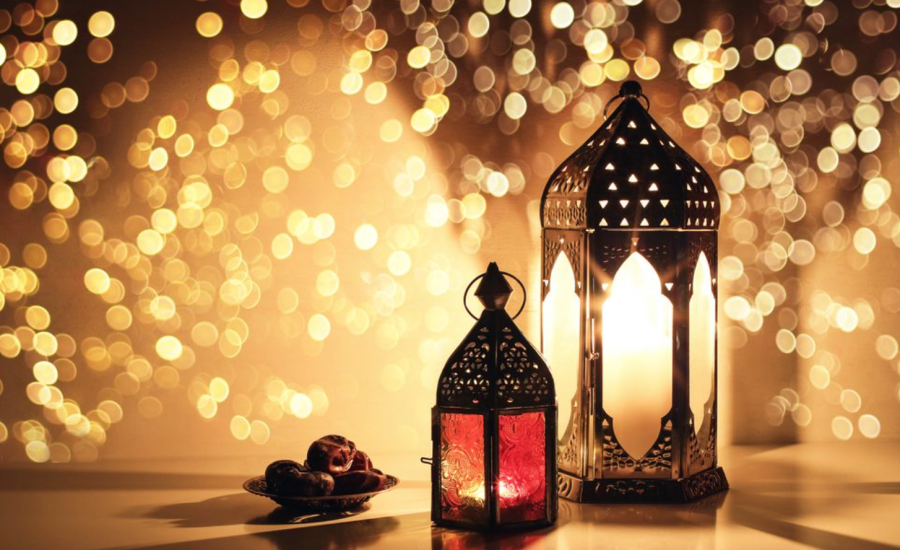
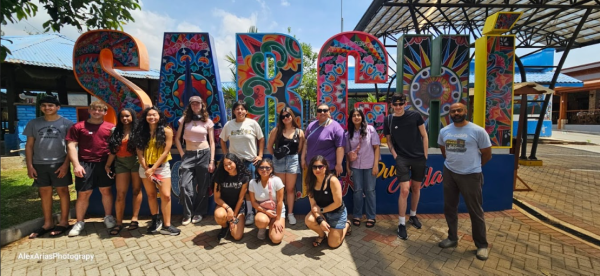

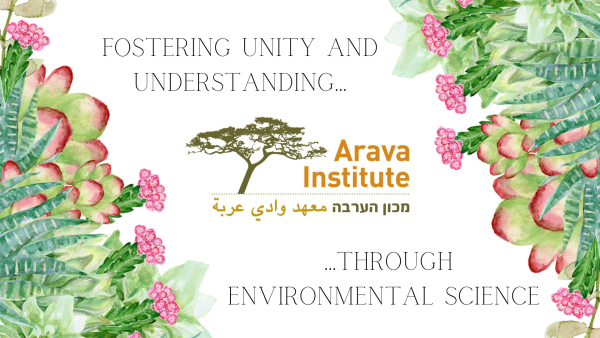
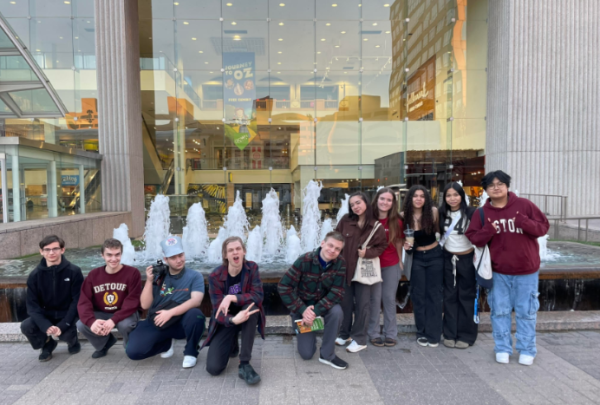
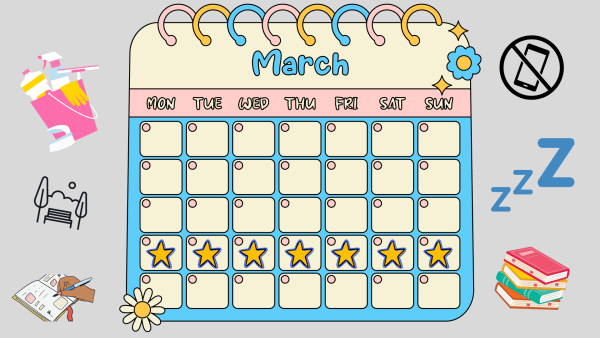
Ms. Fey • Apr 16, 2022 at 3:26 pm
Thanks for this helpful information! Ramadan Mubarak!